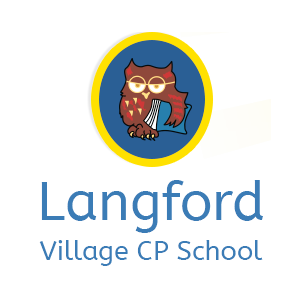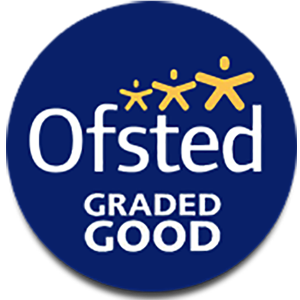Intent
Our Science Curriculum encourages children to be inquisitive and become independent learners by exploring possible answers for their scientific based questions. Children will acquire specific skills and knowledge to help them think scientifically, whilst gaining an understanding of the uses and implications of Science, today and for the future.
Implementation
At Langford, we have a clear and comprehensive scheme of work in line with the National Curriculum. Teaching and learning shows progression across all year groups and creates opportunities for practical investigative opportunities.
- Science is taught weekly in all year groups. The acquisition of key scientific knowledge is an integral part of our science lessons. Where appropriate, planning is adapted to suit the needs of specific children
- The progression of skills for working scientifically are developed and embedded in lessons through every year group and scientific enquiry skills are of key importance within lessons
- We plan for problem solving and real life opportunities that enable children to find out for themselves. Children are encouraged to ask their own questions and are given opportunities to use their scientific skills and research to discover the answers
- Our curriculum is progressive. We build upon the learning and skilld developed in previous years, giving teachers the opportunity to address any scientific misconceptions
- Children reflect on previous learning. They are able to build on prior knowledge and link ideas together, thus enabling them to ask questions and become enquiry based learners
- Children use an extensive base of scientific vocabulary
- Children use a range of resources to develop their knowledge, this is also integral to learning and developing skills when working scientifically
- Cross curricular links are made where possible
- Through carefully selected enrichment events such as ‘Science Week’, we promote the profile of Science and allow time for the children to freely explore scientific topics
- Teachers find opportunities to develop and enhance children’s understanding of their surroundings by accessing outdoor learning and workshops with experts
- By the end of each Key Stage, children should be able to understand and apply scientific knowledge, skills and processes as specified by the National Curriculum Science Programme of Study
Impact
The successful approach to the teaching of science at Langford results in a fun, engaging and high quality science education that provides children with the foundations for understanding the world, which they can take with them once they complete their primary education. The impact of science is measured in terms of the extent to which pupils have developed new knowledge, understanding and skills, and that they can use and recall this with fluency.
- Most children should achieve age related expectations in Science at the end of their cohort year
- Children will retain science knowledge that is relevant to real life contexts.
- Children will be able to question ideas and reflect on knowledge
- Children will be able to work collaboratively and practically to investigate and experiment
- Children will be able to explain the process they have taken and be able to reason scientifically
Impact will be measured by:
- Regular knowledge-check activities and teacher assessment during lessons
- In school attainment tracking
- Engagement through STEM activities
- Subject Leader monitoring - lesson visits, scrutiny of books, assessment data analysis, pupil interviews and questionnaires, staff interviews and questionnaires
- Governor monitoring




